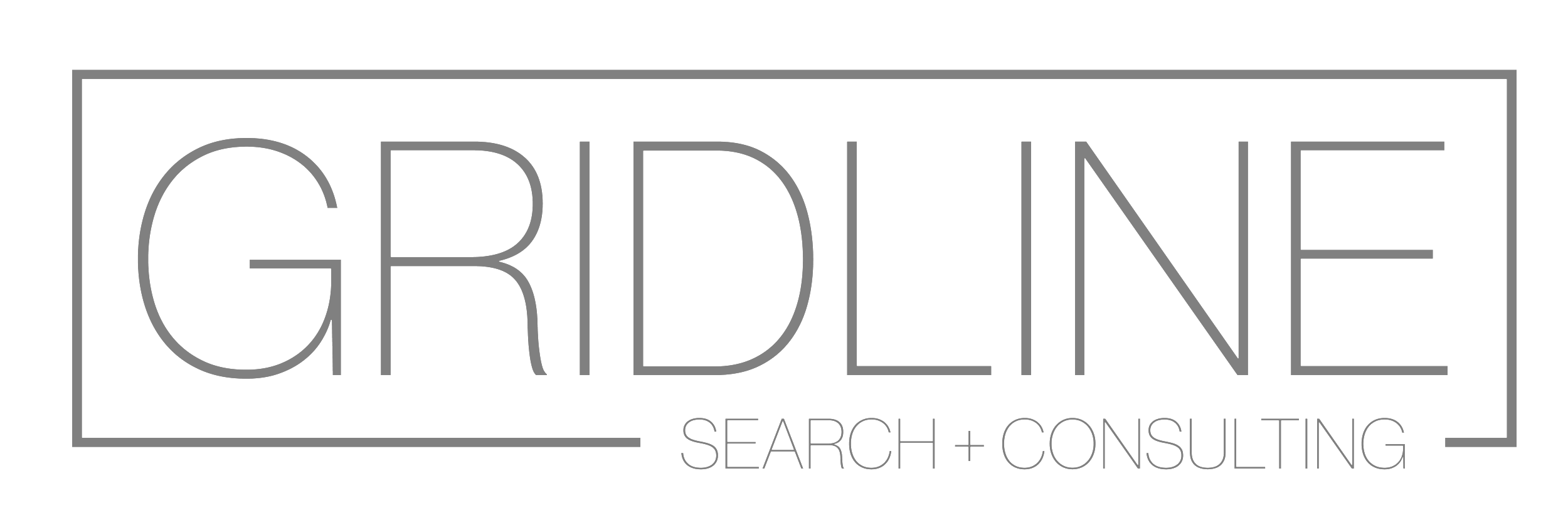Does your BigLaw recruiter understand your practice?
Since I always keep a free and open calendar to talk to BigLaw associates about their career plans, I end up talking to many attorneys who are far along in their search. Often, they have already started working with another recruiter, but the attorney has not had much luck with interviews. This can be the result of a limited number of opportunities that fit the attorney's search parameters (as I noted in my last newsletter, the lateral hiring market is still somewhat slow but could get more active as the year goes on). But it can also be the result of using a recruiter that does not fully understand your practice and how it matches (or doesn't) to the available openings that are out there.
When it comes to making a lateral move, having experience that closely matches the practice and needs of your target firm(s) is essential.
As an experienced BigLaw lateral recruiter, I suggest the following steps to ensure that a lateral law firm search aligns with an attorney's background and the type of work they do while also meeting their goals for a new opportunity.
Discuss with your recruiter the full details and specific of your practice.
Whether you are a bank regulatory attorney, a capital markets attorney, a product liability litigator, or something else, this should be just the starting point for any discussion about your practice with your recruiter. The specifics of your representation and specialization matter significantly in determining which firms and openings could be a good match for you.
Your recruiter should be able to drill down in your first conversation and ask questions like this:
If you're a transactional deal attorney, are you working seller-side or buyer-side? Do you represent banks, private equity firms/sponsors, companies or a certain kind of mix?
If you're a litigator, what has been your trial experience and motion practice, if any? Are you a generalist or do you specialize? Is your work completely corporate defense or do you do plaintiff-side work? Any class actions?
If you're a regulatory attorney, what relevant state and federal laws do you know and how well do you know each of them? Has your work been strictly advisory or have you also actively participating in deals and/or cases?
Have your recruiter prepare a detailed list of possible firms with background on each.
One of the worst things you can do is hand your résumé to a recruiter and let them decide which firms to apply to without your input. The result is always the same—the recruiter will blanket the market with your résumé, hoping luck will generate interviews. Instead, collaborate with your recruiter to create a tailored search list.
Once your recruiter understands your goals and practice background, they should be able to provide a realistic list of opportunities and firms for you to consider. If a specific practice area does not align with an opening or a firm in general, it should not be pursued.
Prepare a base resume and matter list that is specific and overinclusive.
When I work with a lateral associate on their application materials (e.g., resume, deal list, matter list, etc.), I always say, "Give me the long version of both—an overinclusive version that covers every substantive matter or deal you’ve worked on." The purpose of this approach is to ensure we have a comprehensive record and understanding of your experience, allowing us to identify the work that is most relevant to each firm and opportunity.
From there, we refine and tailor your résumé to highlight the specific matters and skills that align with the needs of each prospective firm. A well-crafted, targeted résumé demonstrates to the firm that your experience directly supports their practice and business needs, making you a stronger candidate for the role.
You should approve each and every firm to which your materials are going to.
At the end of the day, this is your job search—not your recruiter’s. You should have full control over where your materials are sent and ensure that any firms being considered align with your career goals and practice area. If a recruiter proposes firms that don’t feel like the right fit—whether due to a practice mismatch, cultural concerns, or any other reason—they should not be submitting your materials to those firms on your behalf.
To avoid any miscommunication, be clear about your expectations from the start. It’s a good practice to put this in writing with a message such as: "Please do not send my materials to any firm without my express and specific permission." Setting this boundary upfront ensures that your search remains strategic and intentional, rather than a broad, unfocused submission process.
In conclusion, it is essential to work with a lateral firm recruiter who not only understands what you do but also what you want to do in your next role. A strong recruiter should take the time to grasp the nuances of your practice, your skill set, and the specific areas of law in which you have built expertise. Equally important, they should listen carefully to your career goals, whether that involves shifting to a different practice focus, moving to a firm with a stronger platform in your area of specialization, or seeking a better work-life balance.
All of their research, law firm recommendations, and strategy should be built around this foundational understanding. A recruiter who truly knows your practice and aspirations will be able to present tailored opportunities that align with your experience and long-term career trajectory, rather than simply casting a wide net and hoping for the best.
The right recruiter is not just an intermediary submitting applications; they are a strategic partner who helps you navigate the lateral market with precision and purpose. By ensuring your recruiter understands both where you are now and where you want to go, you maximize your chances of securing a position that is the right professional and cultural fit.
